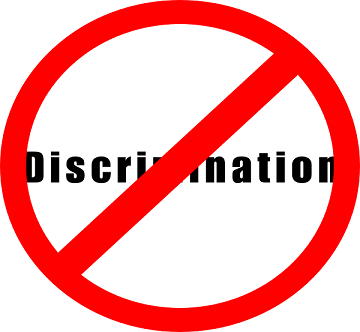When an employee alleges that he or she has been discriminated against by an employer, she is required to offer evidence that she was a victim of intentional discrimination. The employee may offer indirect or direct evidence to support her assertions. Indirect evidence is evidence such as an African-American employee continually being denied promotions or salary increases, while a Caucasian employee in a similar position does receive the promotions and/or salary increases. Direct evidence, by contrast, are statements that specifically show racial bias. In a recent case by the United States Court of Appeals for the District of Columbia, the Court noted that a single statement made by a manager to his employee constituted direct evidence of a discriminatory intent. In the case, the employee argued that he was denied a raise because of his race. In support of his assertion he noted that his manager stated, “For a young black man smart like you, we are happy to have your expertise; I think I’m already paying you a lot of money.” The Court found that this statement alone was direct evidence of discrimination and entitled the employee to a jury trial. This decision is extremely important to employees who have had comments made to them that suggest a bias against them because of their race or gender. What it means is that you need not wait until you have a long list of derogatory remarks made against you before you take action. Instead, it suggests that where any kind of epithet, such as “nigger”, or “slut” is used, that you are likely entitled to a jury trial. Such language will not be tolerated in the workplace.











